REVIEW
Published on 01 Jul 2021
Effects of Microglial Activation and Polarization on Brain Injury After Stroke
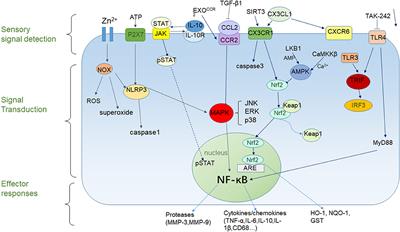
doi 10.3389/fneur.2021.620948
- 9,187 views
- 66 citations
26k
Total downloads
76k
Total views and downloads
REVIEW
Published on 01 Jul 2021

ORIGINAL RESEARCH
Published on 31 Mar 2021
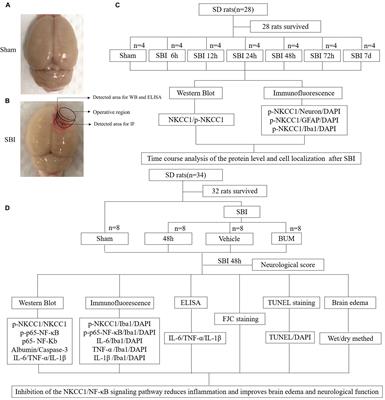
ORIGINAL RESEARCH
Published on 18 Feb 2021
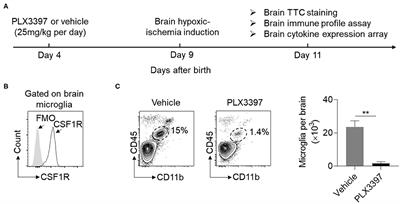
REVIEW
Published on 07 Jan 2021

ORIGINAL RESEARCH
Published on 09 Dec 2020
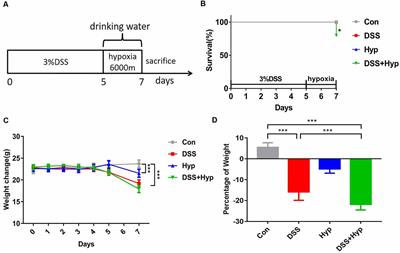
CORRECTION
Published on 27 Nov 2020
ORIGINAL RESEARCH
Published on 12 Nov 2020

ORIGINAL RESEARCH
Published on 05 Nov 2020
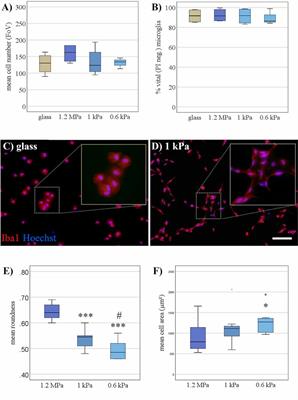
REVIEW
Published on 22 Oct 2020
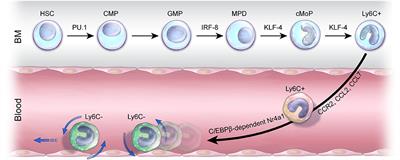
ORIGINAL RESEARCH
Published on 16 Dec 2019

ORIGINAL RESEARCH
Published on 29 Nov 2019

ORIGINAL RESEARCH
Published on 21 Nov 2019

